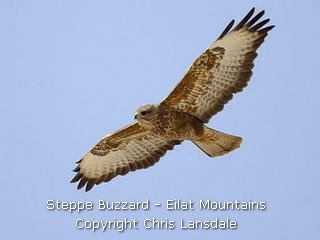Have you ever wondered what the Group Name is for an animal? Antelope: herd, cluster, tribe Apes: shrewdness, troop Badgers: cete, colony Cats (Wild): destruction, dowt, dout Cheetah: coalition Elephant: parade, herd Giraffe: tower, corps, journey, group Hedgehogs: array, prickle Hippo: raft, pod, bloat, thunder, school Hyaena: clan Impala: rank Jackal: skulk Leopard: leap, lepe Lion: pride, sault, sowse Monkeys: shrewdness, cartload, troop, troup Mongoose: business Pigs (Wild): sounder Rhino: crash, stubbornness, herd Wild Dog: pack Wildebeest: implausibility, herd Zebra: dazzle, zeal, cohort Very interesting!!

